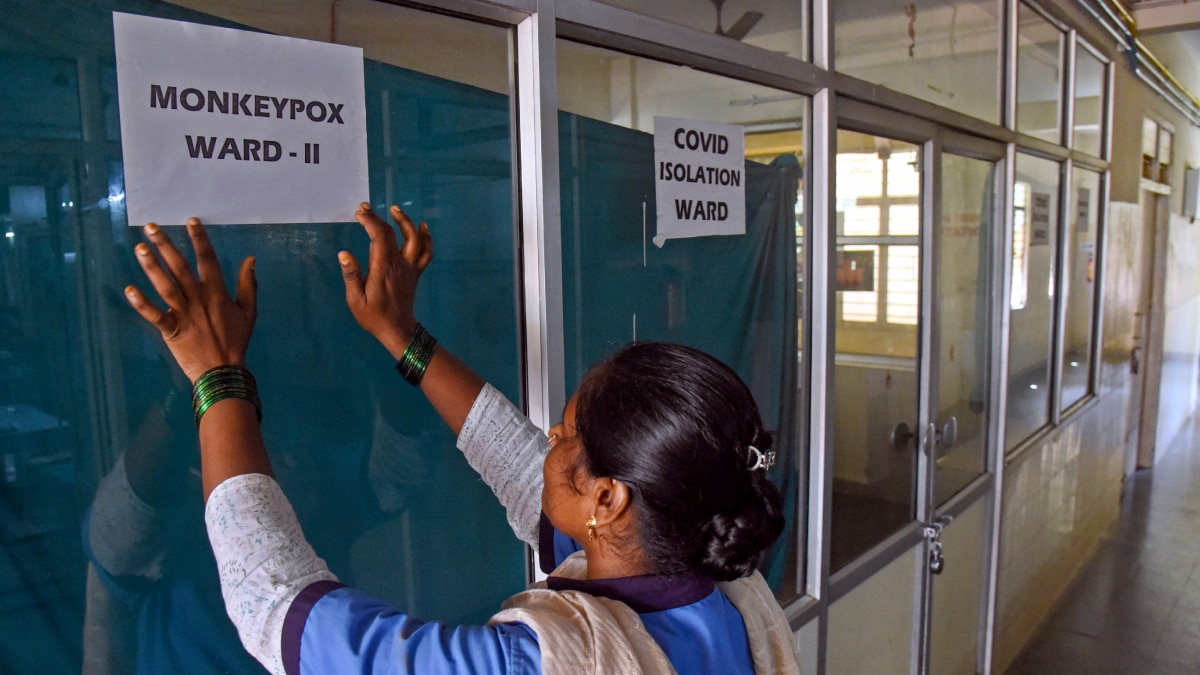A young male patient, who recently travelled from a country experiencing Mpox (monkeypox) transmission, has been identified as a suspected Mpox case, the Union Health Ministry confirmed on Sunday. The patient has been isolated in a designated hospital and is reported to be in stable condition.
In a statement, the Health Ministry said, "Samples from the patient are being tested to confirm the presence of Mpox. The case is being managed in line with established protocols, and contact tracing is ongoing to identify potential sources and assess the impact within the country."
The Ministry reassured the public, emphasising that "the development of this case is consistent with the earlier risk assessment conducted by the National Centre for Disease Control (NCDC) and there is no cause for undue concern. The country is fully prepared to deal with such isolated travel-related cases and has robust measures in place to manage and mitigate any potential risk."
In August, Dr. P.K. Mishra, Principal Secretary to the Prime Minister, chaired a high-level meeting to review the country's preparedness for Mpox. During the briefing, it was noted that no other Mpox cases have been reported in India since March 2024. The assessment indicated a low risk of a large outbreak with sustained transmission.
ALSO READ | Mpox Outbreak Explained With 12 Key Questions
Mpox Declared Public Health Emergency In August
The World Health Organization (WHO) again declared Mpox a Public Health Emergency of International Concern (PHEIC) on 14th August 2024, citing its prevalence and spread across many parts of Africa. Since 2022, over 99,176 cases and 208 deaths have been reported globally from 116 countries. The Democratic Republic of Congo has seen a significant rise in Mpox cases, with more than 15,600 cases and 537 deaths reported this year alone.
Health Secretary highlighted several proactive measures, including a meeting of experts convened by the NCDC on 12th August 2024 to assess the risk for India. The Communicable Disease (CD) Alert on Mpox was updated to reflect new developments, and health teams at international airports were sensitised to the situation.
Mpox, primarily transmitted through prolonged and close contact, usually manifests as a self-limiting illness lasting between two to four weeks, with patients generally recovering with supportive medical care. The virus spreads mainly through the sexual route, direct contact with body or lesion fluids, or contaminated clothing or linen from an infected person.


